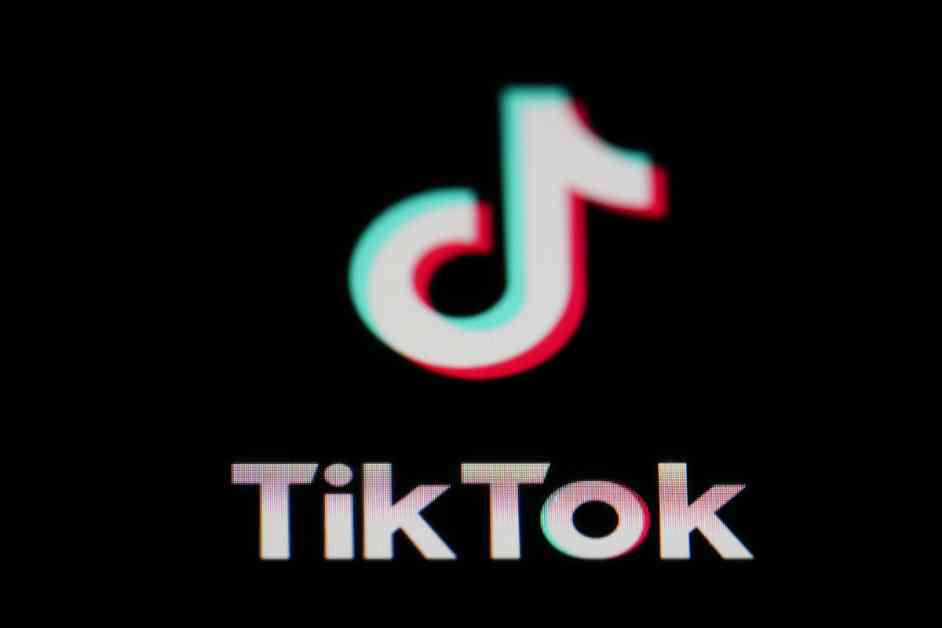TikTok recently made public a letter accusing the Biden administration of engaging in “political demagoguery” during crucial negotiations with the company. The letter was sent to a top official in the Justice Department’s national security division before President Biden signed the potential TikTok ban into law. The company submitted this letter in federal court along with a legal brief to support their lawsuit against the measure.
The lawsuit, which involves TikTok’s Beijing-based parent company ByteDance, is expected to be a significant legal battle in the tech and internet industry. Internal documents revealed details of negotiations between TikTok and the Committee on Foreign Investment in the United States (CFIUS) from January 2021 to August 2022. These negotiations resulted in a 90-page draft security agreement that aimed to enhance safeguards around U.S. user data and included a “kill switch” to suspend the platform if needed.
However, TikTok’s attorneys claimed that CFIUS stopped substantive negotiations with the company after receiving the draft agreement in August 2022. The ongoing discussions between TikTok and government officials led to a call in March 2023 where the company was informed that the draft agreement did not adequately address national security concerns. The government suggested a solution involving divestment by ByteDance and moving TikTok’s source code out of China.
TikTok’s lawsuit argued that the divestment requirement was technically unfeasible since all of TikTok’s code would have to be separated from ByteDance to eliminate any operational ties between the Chinese company and the new U.S. app. Following media reports in March 2023 that CFIUS threatened ByteDance with divestment or a ban, TikTok’s attorneys expressed concerns about leaks by government officials that they considered damaging.
Subsequent meetings between TikTok’s legal team, technical experts, and government officials focused on data safety measures and the platform’s source code. The last meeting with CFIUS took place in September 2023. In their letter to Newman, TikTok’s attorneys emphasized the importance of engaging in good-faith discussions with CFIUS to address national security concerns appropriately, rather than using negotiations for political purposes.
The legal brief also mentioned a document allegedly provided by the Justice Department to members of Congress in March, outlining concerns about TikTok collecting sensitive data and potential Chinese influence on the platform’s content through its algorithm. TikTok refuted these claims, stating that the document did not provide evidence of the Chinese government accessing sensitive data or influencing content on the platform.
Overall, the ongoing legal battle between TikTok and the U.S. government highlights the complexities of addressing national security concerns in the digital age. The outcome of this lawsuit could have significant implications for the future of tech companies operating in the U.S. and beyond.








